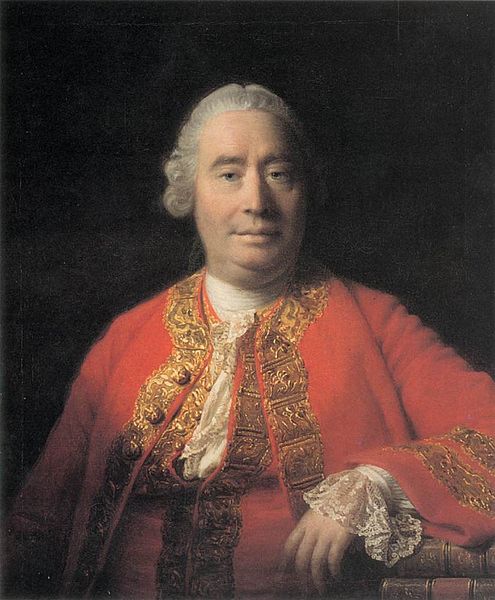An Enquiry Concerning Human Understanding
An Enquiry Concerning Human Understanding is a book by the Scottish empiricist philosopher David Hume, published in English in 1748. It was a revision of an earlier effort, Hume's A Treatise of Human Nature, published anonymously in London in 1739–40. Hume was disappointed with the reception of the Treatise, which "fell dead-born from the press," as he put it, and so tried again to disseminate his more developed ideas to the public by writing a shorter and more polemical work.
David Hume by Allan Ramsay (1766)
Nicolas Malebranche, one of Hume's philosophical opponents
David Hume was a Scottish Enlightenment philosopher, historian, economist, librarian, and essayist, who is best known today for his highly influential system of philosophical empiricism, skepticism, and naturalism. Beginning with A Treatise of Human Nature (1739–40), Hume strove to create a naturalistic science of man that examined the psychological basis of human nature. Hume followed John Locke in rejecting the existence of innate ideas, concluding that all human knowledge derives solely from experience. This places him with Francis Bacon, Thomas Hobbes, John Locke, and George Berkeley as an empiricist.
David Hume by Allan Ramsay, 1754
An engraving of Hume from the first volume of his The History of England, 1754
David Hume's mausoleum by Robert Adam in the Old Calton Burial Ground, Edinburgh
Statue of Hume, sculpted by Alexander Stoddart, on the Royal Mile in Edinburgh






